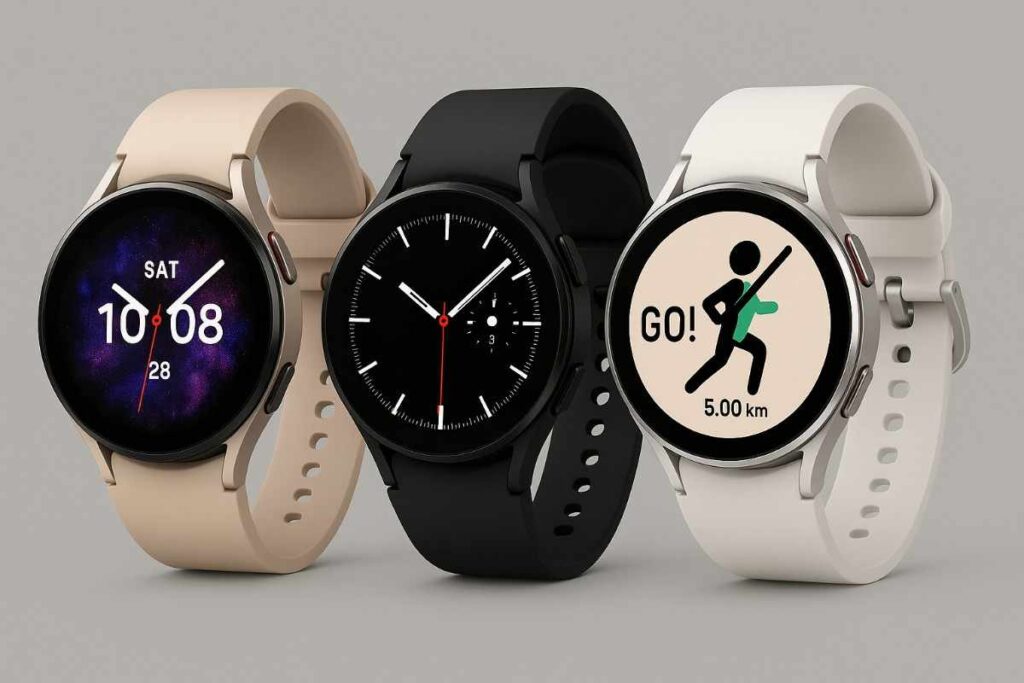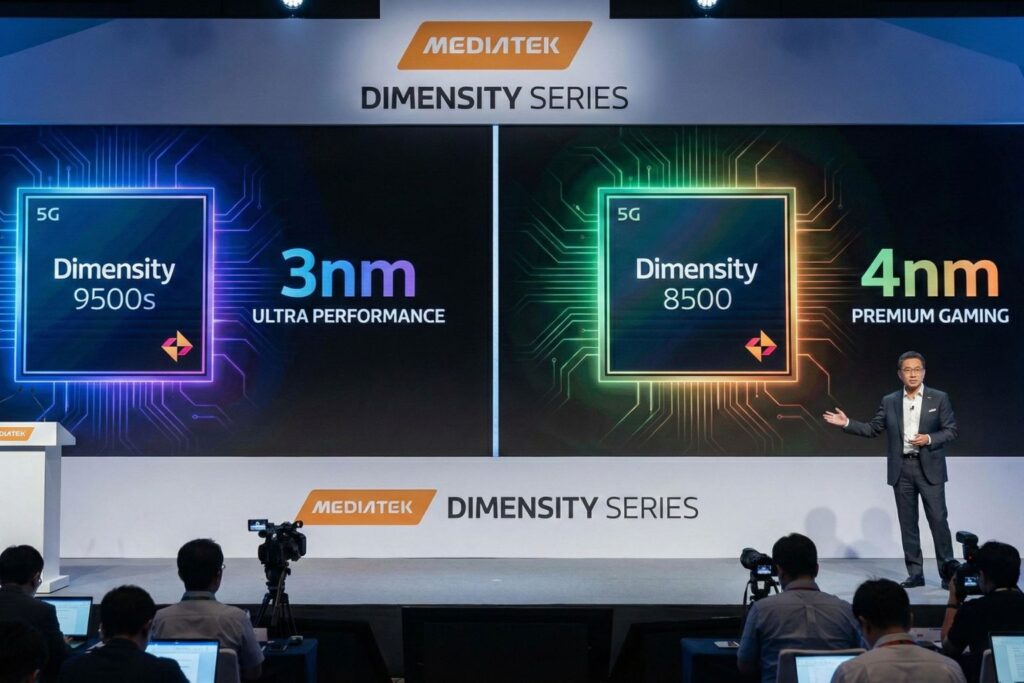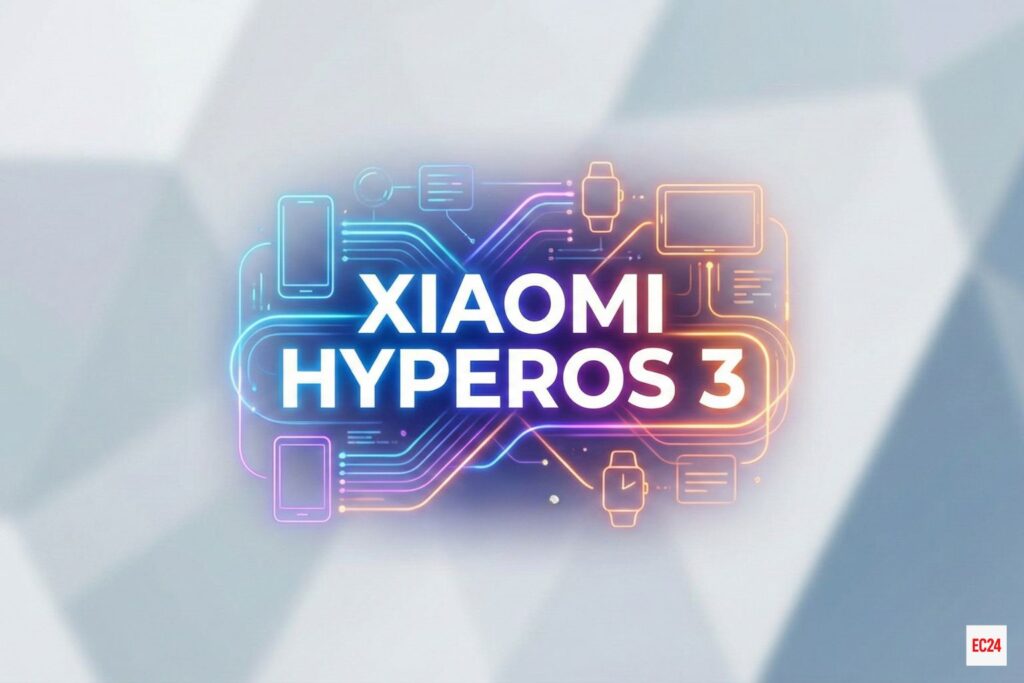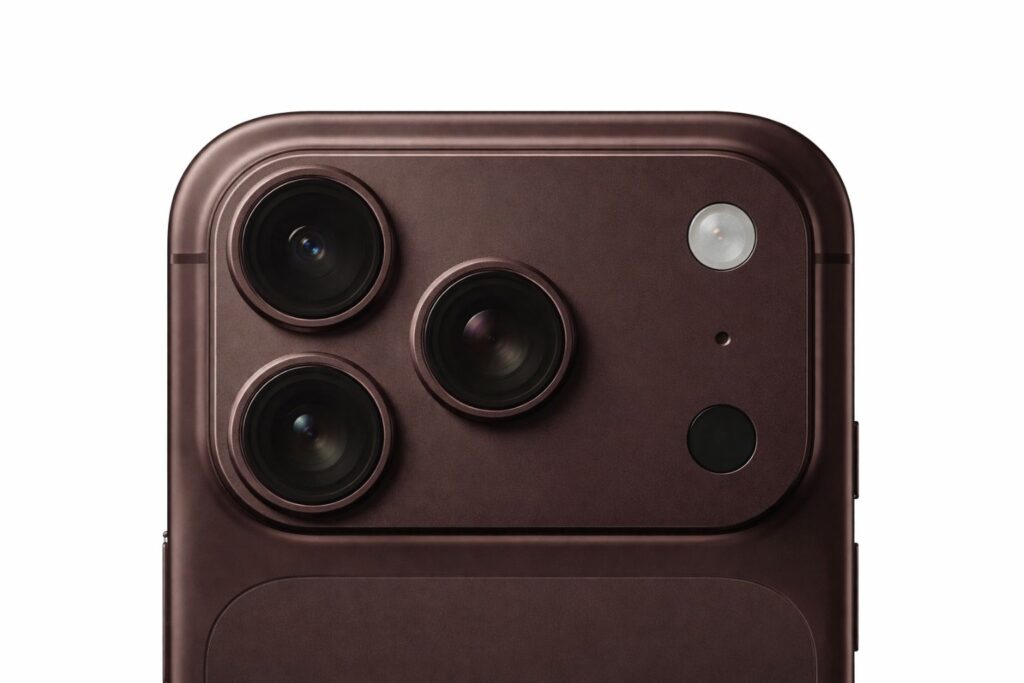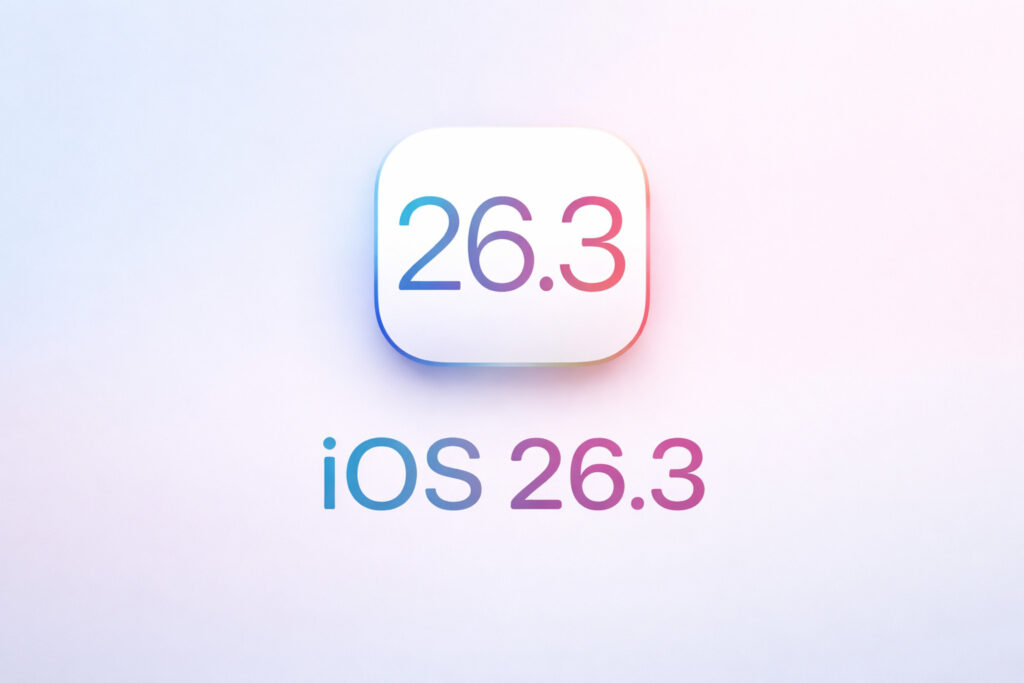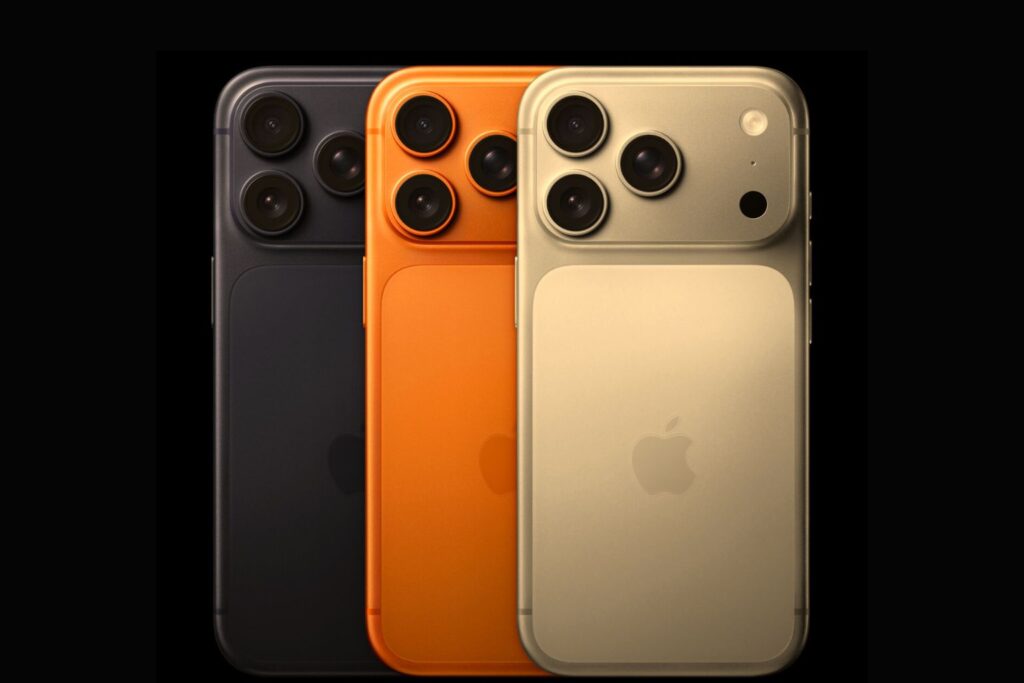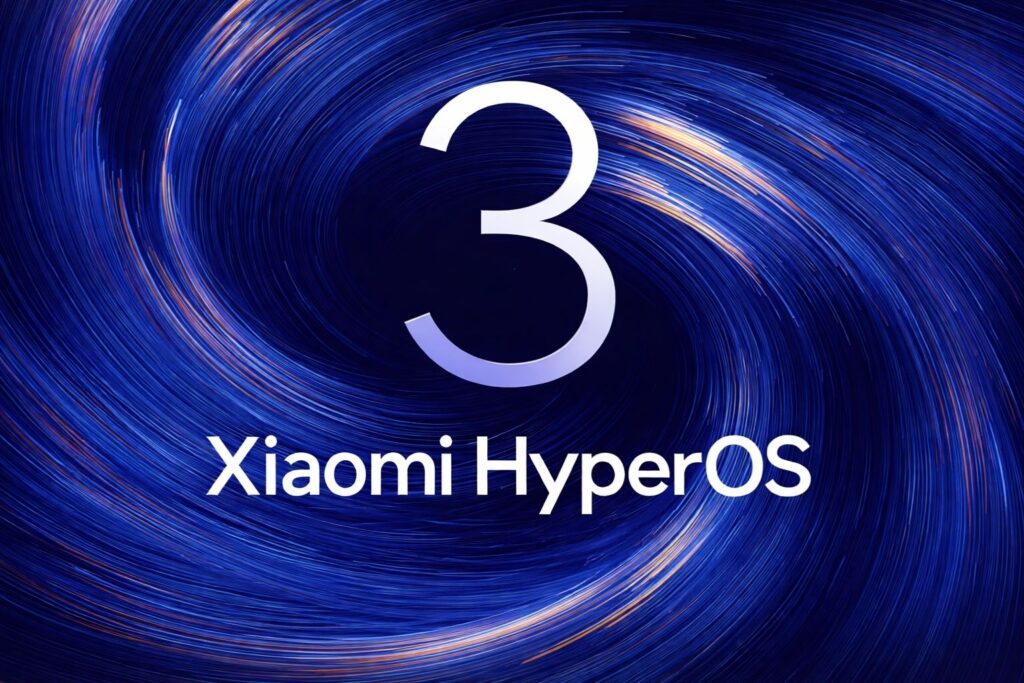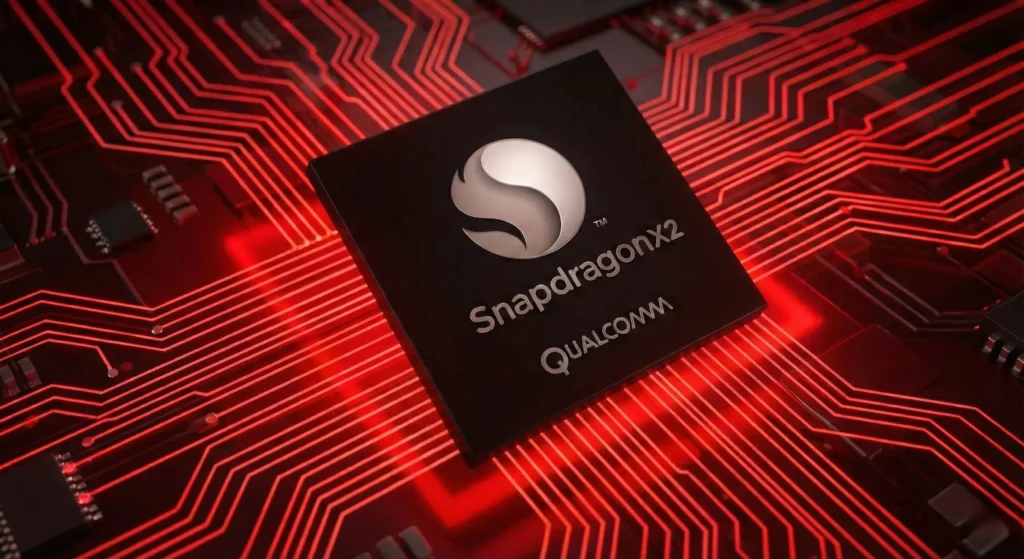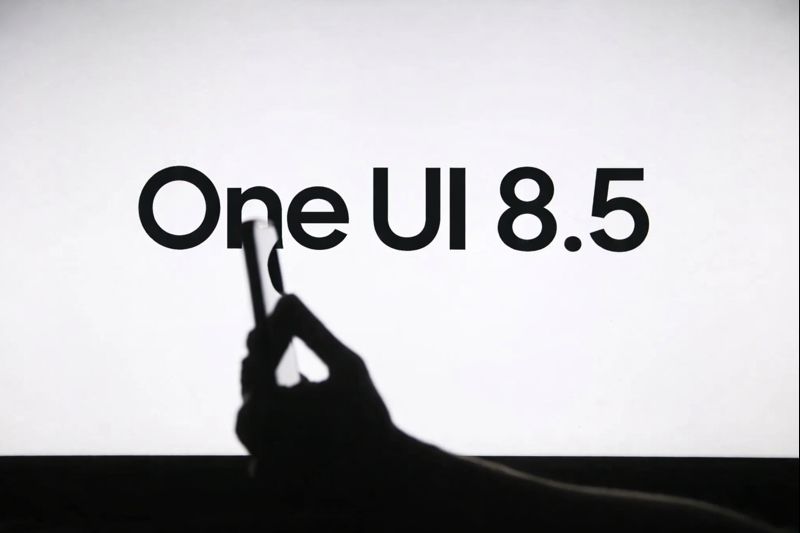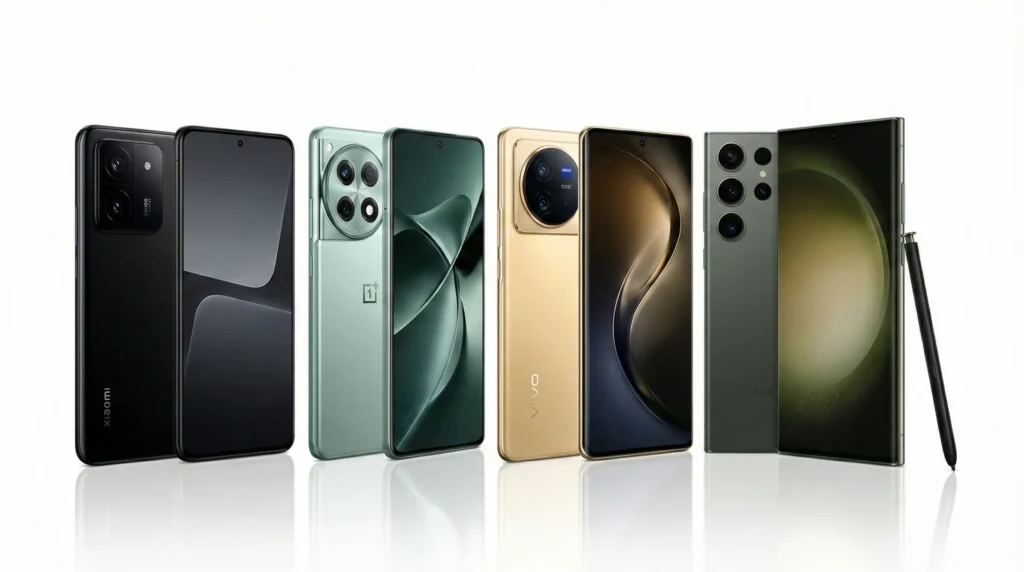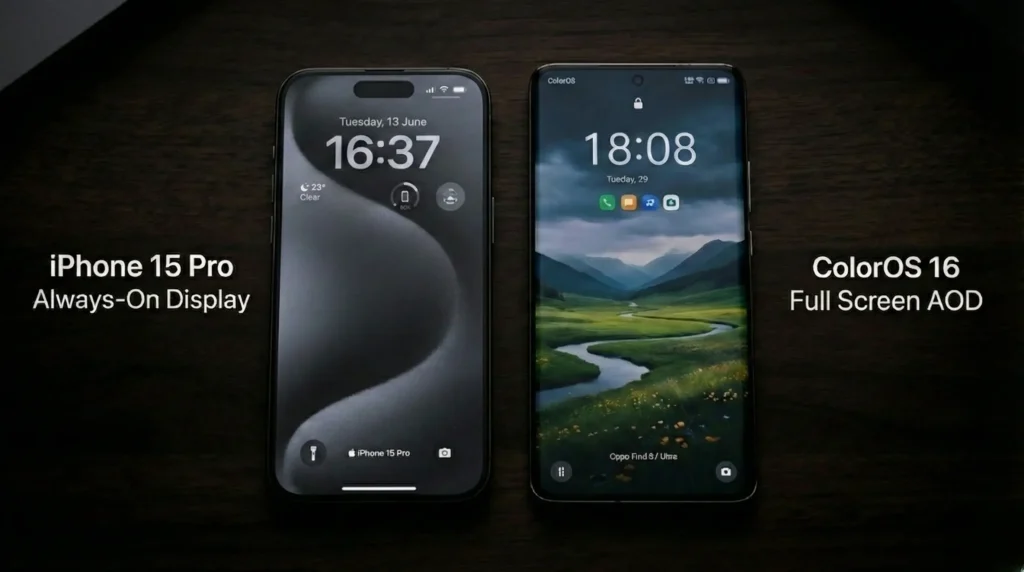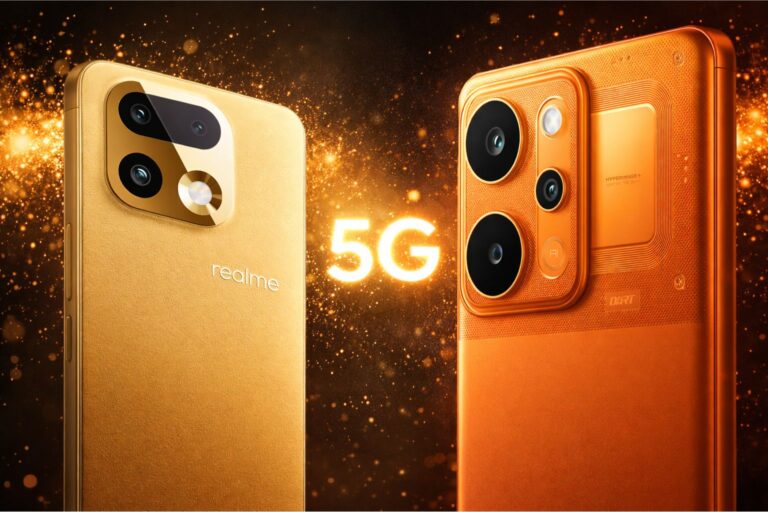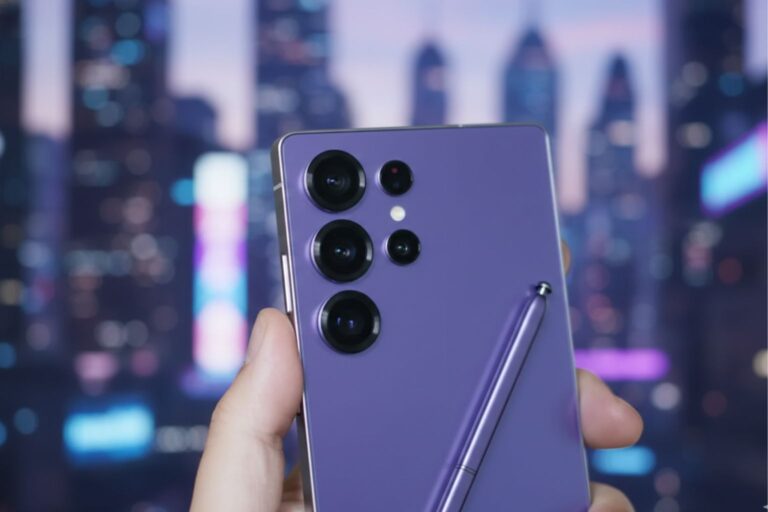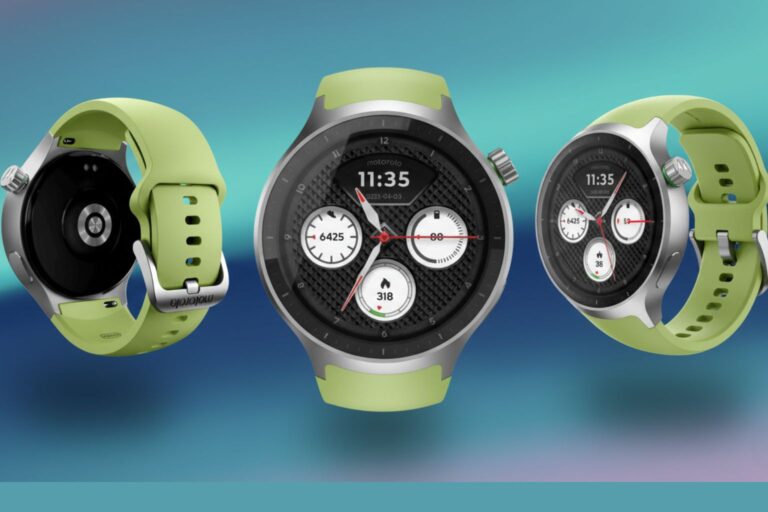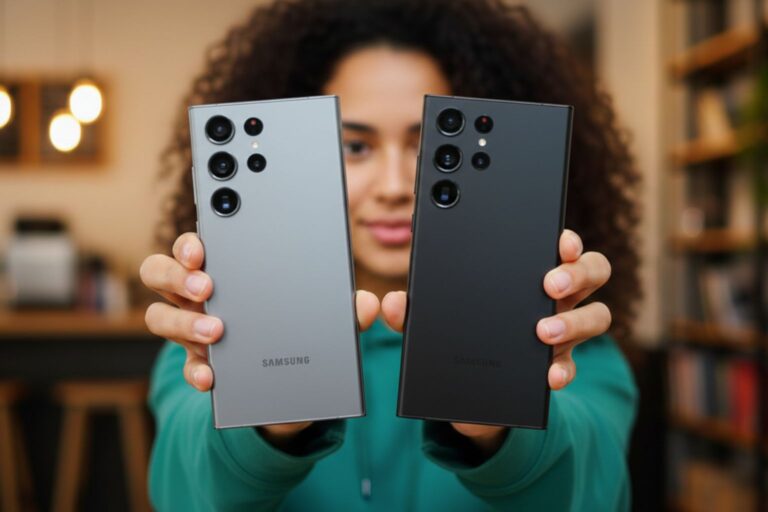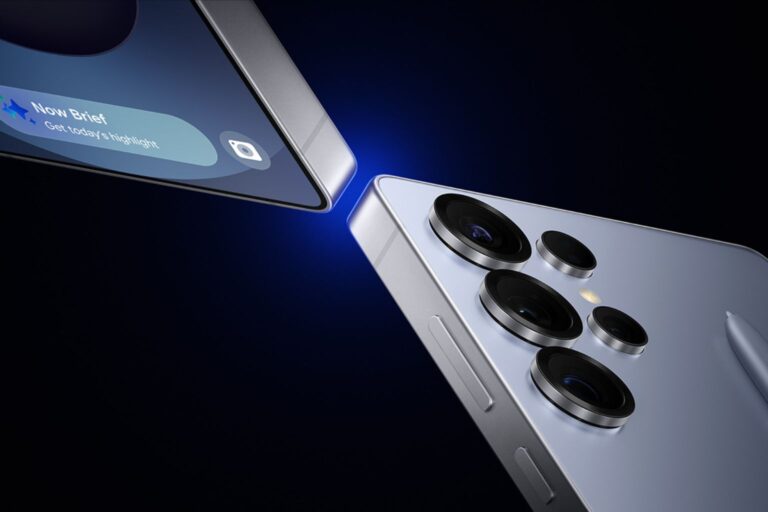Samsung’s Galaxy Watch 8 packs an upgraded health stack that promises to turn your wrist into a continuous wellness sensor tracking skin temperature, blood oxygen and stress all from the same wearable. Here’s what it does, how it measures those signals, and what it realistically means for users.
Galaxy Watch 8 Key Highlights
- Advanced Health Tracking: Monitors skin temperature, blood oxygen, and stress simultaneously for deeper wellness insights.
- AI-Powered Precision: Smarter algorithms enhance sleep analysis, recovery tracking, and stress detection accuracy.
- Everyday Wellness Focus: Built to guide healthier habits not diagnose, but help you understand your body better.
Galaxy Watch 8 Health Features & BioActive Sensor Upgrades
Samsung consolidated several health tools into a tighter package for the Watch 8. The device uses Samsung’s BioActive sensor array to capture heart rate, SpO₂ (blood oxygen), skin temperature and body composition data, while stress tracking draws on heart-rate variability and algorithmic analysis inside Samsung Health.
Some outlets also note Samsung experimenting with antioxidant-level testing and new “vascular load” metrics as part of the broader wellness feature set.
Galaxy Watch 8 Sensor Accuracy: How Reliable Are Its Health Metrics?
Each metric arrives by a different method and with different caveats. Skin temperature is read by an infrared sensor aimed at the wrist surface useful for trend detection (for example, night-to-night changes) but not the same as an oral or tympanic body temperature reading.
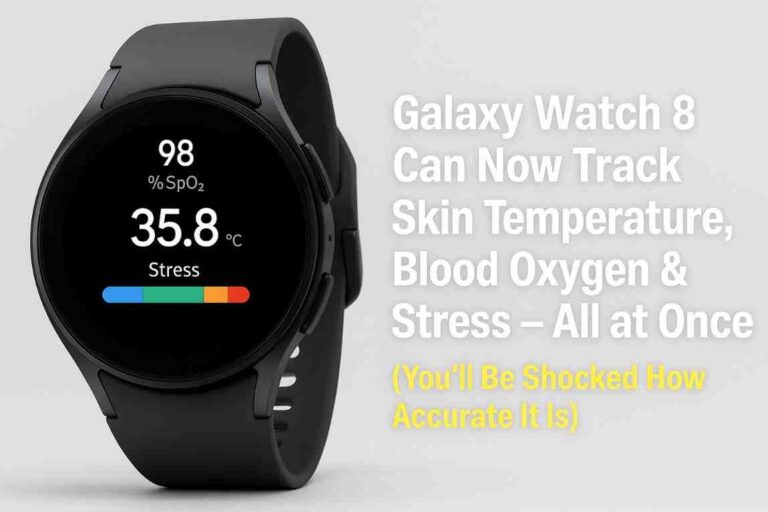
SpO₂ is estimated optically, using photoplethysmography (PPG) like most wrist wearables; it’s generally reliable for spot checks and sleep monitoring, though results can vary with fit, motion and skin tone.
Stress scores are computed from heart-rate variability and contextual signals; they’re a proxy for autonomic load rather than a diagnostic readout of mental health.
Samsung’s own support notes conditions that affect accuracy tightness, sensor cleanliness and wear time matter and reviewers stress that wrist sensors are best for trends, not clinical precision.
Galaxy Watch 8: Smarter Health Insights, Not a Medical Device
For most users the Watch 8’s gain is contextual insight: better sleep scoring that includes temperature changes, nocturnal SpO₂ trends that flag possible sleep-disordered breathing for follow-up, and stress/recovery signals that help shape training and rest.
Those are practical gains if you treat the watch as an early-warning and lifestyle tool. But experts and Samsung alike caution that these features are wellness aids, not medical diagnostics abnormal results should prompt confirmation with clinical tests or a doctor.
Use the Watch 8 as an advanced personal tracker that elevates daily health awareness while stopping short of medical claims.
The Galaxy Watch 8’s ability to monitor skin temperature, SpO₂ and stress together is a meaningful step for consumer wearables: it improves the signal you get about sleep and recovery and makes daily health patterns easier to spot. Just keep the expectations realistic use the watch to inform behaviour and conversations with clinicians, not as a substitute for one.

